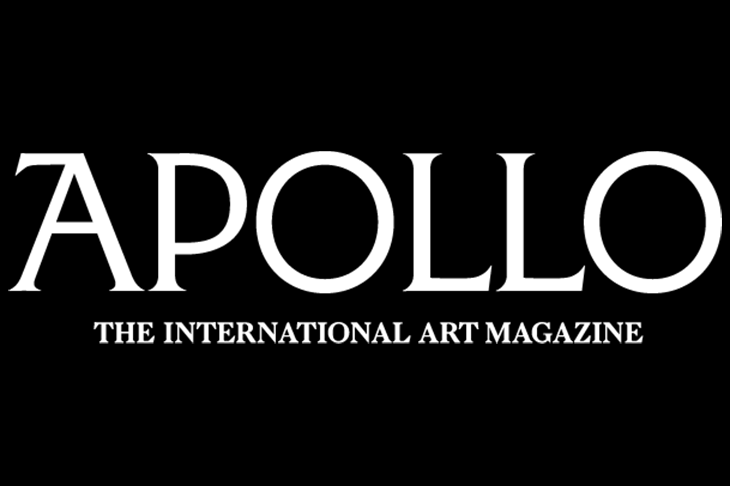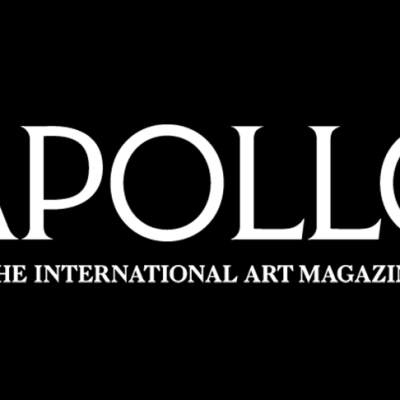Our daily round up of news from the art world
Museums May Lose Out in a Brexit | The Museums Association is looking into the possible impact for museums if Britain leaves the European Union, and is asking its members if they are currently applying for EU funding. According to MA policy officer Alistair Brown, ‘While most funding comes from domestic sources, large chunks of research and project funding come from the EU, along with regional development funds which support cultural regeneration in deprived areas. It seems unlikely that the government would invest more in culture if we left the EU, so the risks of leaving seem high.’ The Museums Association cites a 2013 submission to the government by the National Museum Directors’ Council, which stresses that EU funds ‘provide a structure and scale which an individual member state could not replicate’.
Eighth century Islamic Tombs Discovered in Nȋmes | Nȋmes is already famous for its well preserved Roman ruins, but a new archaeological discovery looks set to highlight its historical significance in a different era entirely. Excavations in the city centre have unearthed three graves that represent the most significant discovery yet of Islamic civilisation in France between the 7th and 9th centuries AD. According to Le Figaro, (French language article) the Umayyad tombs of Nȋmes are the oldest such burial sites discovered north of the Pyrenees; that record had previously been held by a 13th-century tomb in Marseille. More interestingly still, experts believe that the graves – which hold skeletons thought to belong to Berber troops of the Umayyad Caliphate’s army – suggest signs of possible coexistence between Muslims and Christians in southern France. According to archaeologist Yves Gleize, the find hints at a more complex relationship between Christians and Muslims than has previously been thought.
Artists ‘Steal’ Bust of Nefertiti | ‘Guerrilla’ artists Nora Al-Badri and Jan Nikolai Nelles have caused a sensation (£) after news has spread of their secret 3D scan of a 3,000-year-old bust of Queen Nefertiti in Berlin’s Neues Museum in order to make a perfect replica. Using a scanner hidden under Al-Badri’s coat, the pair were able to accurately study the bust, which was excavated in 1912. The artists believe the bust rightfully belongs to Egypt and must be repatriated. They have since donated the near identical replica the scan has allowed them to print to the American University in Cairo. Neither artist has been charged for the subterfuge – indeed, it is unclear whether they have committed a crime.
FIAC Satellite Postponed | The organisers of Paris’s FIAC art fair have announced that this year’s edition of Officielle, its satellite fair for emerging artists, is to be postponed. The fair, which was due to open in October, has apparently been put on hold due to the ‘perceived remoteness’ of its venue, FIAC director Jennifer Flay told Le Journal des Arts (French language article). Following the scrapping of Paris Photo LA and the cancellation of plans for an American FIAC spinoff earlier this month, it seems that France’s art fairs are scaling back their ambitions somewhat.
Winners Named for Anderson Ranch Awards | Carrie Mae Weems has been awarded the Anderson Ranch Art Center’s National Artist Award, for her innovative, socially engaged photography. The roll call of winners of the National Artist award read like a Who’s Who of American contemporary art, including Cindy Sherman, Frank Stella, Bill Viola, and Theaster Gates. Meanwhile, the parallel award for Service to the Arts has gone to collectors Domenico and Eleanore De Sole.

